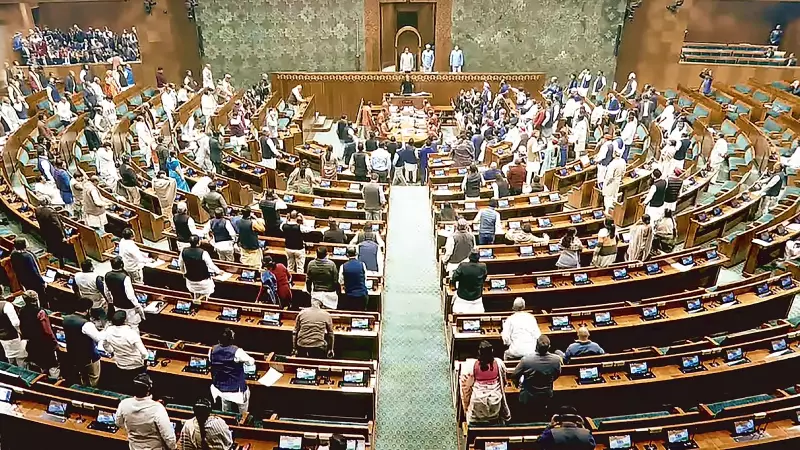
The Indian government has unveiled an ambitious legislative agenda for the upcoming Winter Session of Parliament, listing ten significant bills for consideration and passage. The session, scheduled to begin on December 1, 2025, promises to be a crucial period for policy-making with far-reaching implications for the nation's energy, education, and economic sectors.
Landmark Nuclear and Constitutional Reforms
Among the most notable proposals is the Atomic Energy Bill, 2025, a landmark legislation that aims to comprehensively govern the use and regulation of atomic energy across India. This bill is particularly significant as it seeks to open up the civil nuclear sector to private players, potentially revolutionizing the country's energy landscape. Another important constitutional amendment proposes bringing the Union Territory of Chandigarh under the ambit of Article 240, which empowers the President to make regulations and legislate directly for the UT.
Education and Economic Overhaul
The legislative agenda also includes the Higher Education Commission of India Bill, which aims to establish a new regulatory body to facilitate universities and higher educational institutes in becoming more independent and self-governing. On the economic front, the government plans to introduce the Securities Markets Code Bill, 2025 that will consolidate provisions from SEBI Act, Depositories Act, and Securities Contracts Act into a single, rationalized code. The Corporate Laws (Amendment) Bill, 2025 seeks to amend the Companies Act, 2013 and LLP Act, 2008 to further enhance ease of doing business.
Returning Bills and Infrastructure Focus
Two bills that were previously referred to select committees - the Insolvency and Bankruptcy Code (Amendment) Bill, 2025 and Jan Vishwas (Amendment of Provisions) Bill, 2025 - are likely to be taken up again during this session. Infrastructure development gets attention through the National Highways (Amendment) Bill, 2025, designed to ensure faster and more transparent land acquisition for national highway projects. Additionally, the Repealing and Amending Bill, 2025 targets the removal of nearly 120 obsolete laws that have served their purpose and need to be repealed, streamlining the legal framework.
Other significant legislation includes the Manipur GST Amendment Bill, Arbitration and Conciliation Amendment Bill, and the Insurance Laws Amendment Bill, collectively representing one of the most comprehensive legislative packages in recent parliamentary sessions, with potential to transform multiple sectors of the Indian economy and governance structure.




